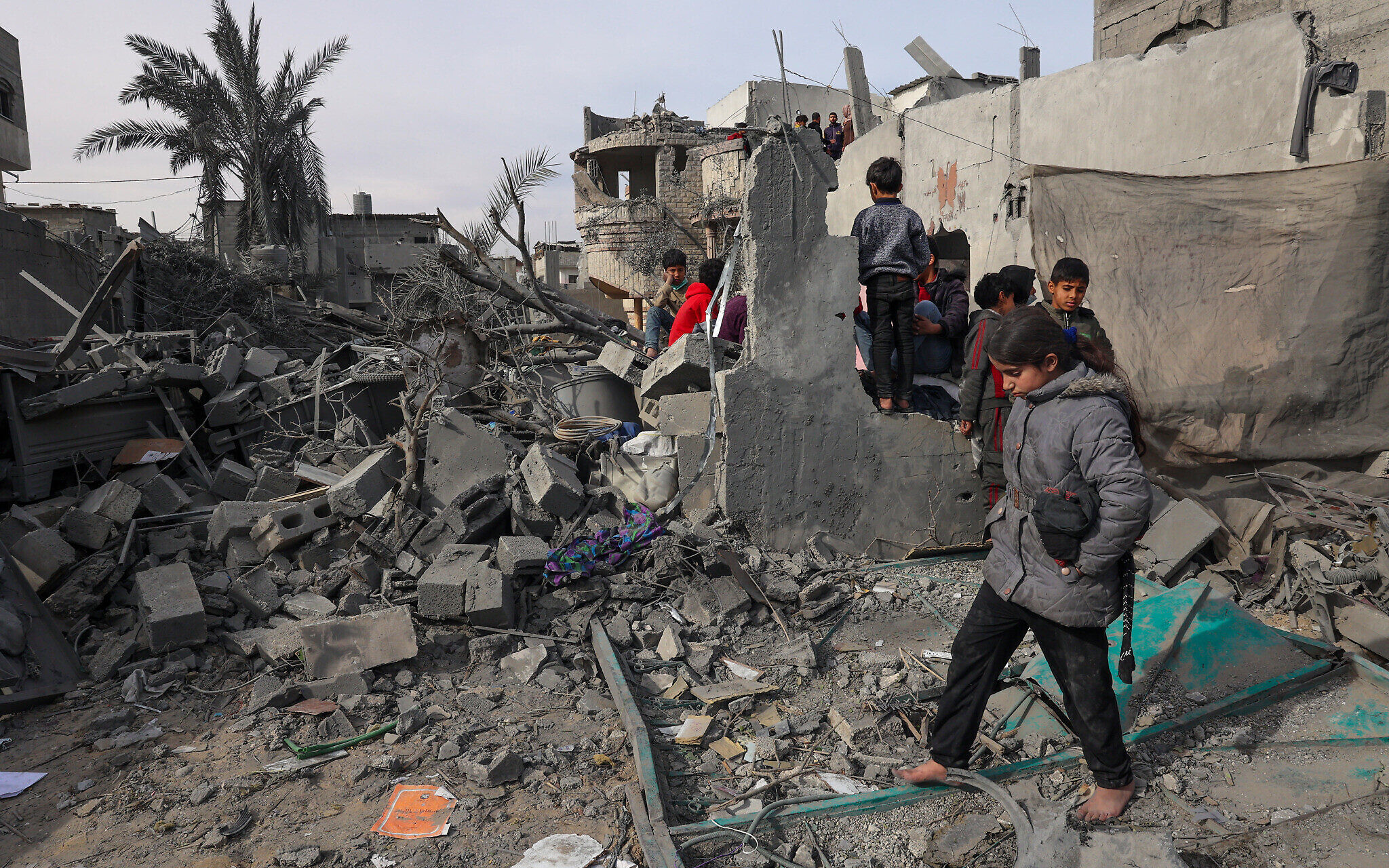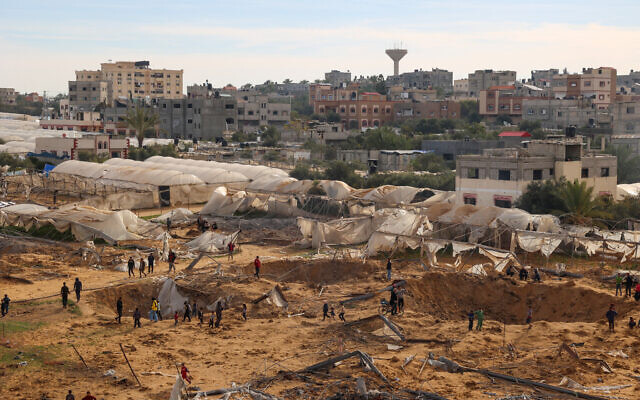



Israel’s mission to rescue two hostages in Rafah should not affect negotiations toward a deal between Israel and the Hamas terror group on the release of other captives, a US official said on Monday, ahead of expected further talks between spy chiefs in Egypt.
Senior officials from the United States, Egypt, Israel, and Qatar are expected to resume negotiations on Tuesday in Cairo to work on a three-phase deal framework that will see the release of hostages and achieve an extended pause, sources familiar with the matter said.
The framework was hammered out in Paris last month by CIA Director Bill Burns, his Israeli counterpart David Barnea of the Mossad, Qatari Prime Minister Sheikh Mohammed bin Abdulrahman al Thani, who also serves as foreign minister, and Egyptian intelligence chief Abbas Kamel.
This week’s talks, likely involving the same officials, are set to take place, despite a rejection by Israel last week of the Hamas’s counterproposal, with Prime Minister Benjamin Netanyahu describing some elements of it as “delusional.”
But top officials from the United States have said that, regardless of some of the “non-starters” in the Hamas counterproposal, there is space to push for an agreement and that it was Washington’s intention to do so.
Intensifying conflict in Rafah has fueled concerns that an Israeli offensive on the southernmost pocket of Gaza, where about 1 million civilians have sought refuge from months of Israeli bombardment, could derail the hostage talks.
US State Department spokesman Matthew Miller said Israel is “well within its rights” to conduct operations to rescue the hostages, as they did early Monday.
He declined to confirm that talks would take place on Tuesday, but said Israel’s military action “should in no way impact the negotiations.”
“Israel has had an ongoing military campaign, so I don’t know why a new set of strikes would change the nature of these negotiations,” Miller said.
During the rescue operation, Israel’s air force bombarded Gaza, in what Israeli military officials said was fire aimed at Hamas terrorists in the area to give rescuers cover.
Hamas health officials claimed 67 people were killed in the bombings and White House spokesperson John Kirby said Monday that civilians were apparently among the dead.
War erupted in Gaza with Hamas’s October 7 massacres, which saw thousands of terrorists burst across the border by air, land, and sea, killing some 1,200 people and kidnapping 253 to Gaza, mostly civilians. In response, Israel launched an extensive military campaign aimed at eliminating the terrorist organization and returning the hostages.
The Hamas-run Gaza health ministry says the Palestinian death toll in the Strip since the start of the war has reached 28,064 people. The figures cannot be independently verified, and are believed to include both civilians and Hamas members killed in Gaza, including as a consequence of terror groups’ own rocket misfires. The IDF says it has killed over 10,000 operatives in Gaza, in addition to some 1,000 terrorists inside Israel on October 7.
When asked whether Israel had committed to attend Tuesday’s talks, Miller said Washington would continue to pursue negotiations for the release of hostages and a pause in fighting.
“We do believe that these discussions are important,” he added.
Asked about the talks, senior Hamas official Sami Abu Zuhri said, “Hamas has shown great flexibility in the talks to end the aggression and swap the captives, but the occupation is still stalling and disrespecting the efforts that are being done.”
Meanwhile, senior Hamas official in Beirut Osama Hamdan said that Israel’s latest offer for a hostage deal was “a step back from the offer drafted in Paris,” proving that Israel “isn’t serious in pursuing the hostages’ release.”
According to him, a Hamas delegation is currently in Cairo discussing Israel’s responses to the proposal formulated in Paris. Hamdan added that Israel is “imposing obstacles that prevent reaching an agreement.”

